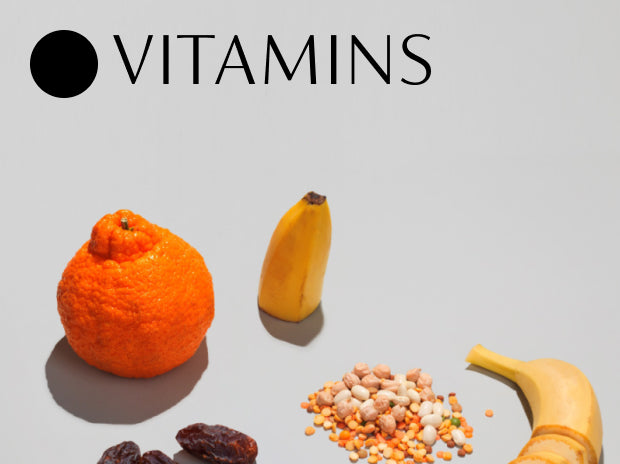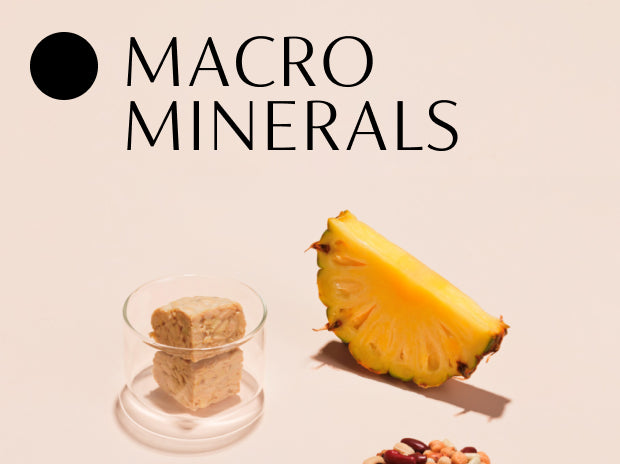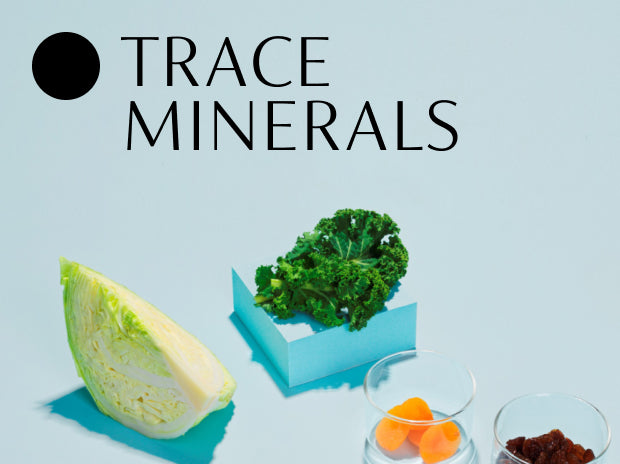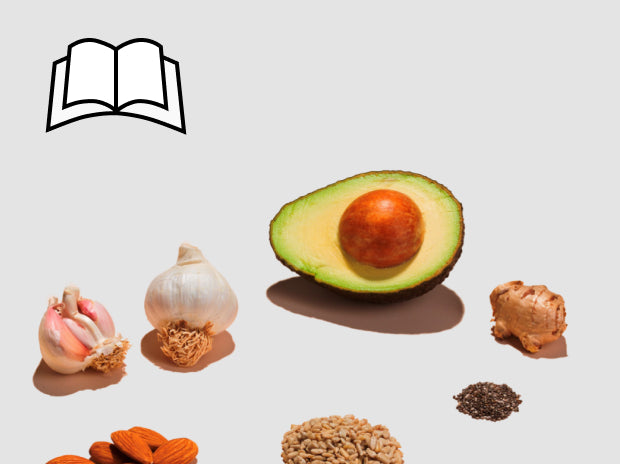The body's natural response to damage or illness is inflammation, which takes place as a normal process. However, chronic inflammation can play a role in the development of a number of health conditions, including heart disease, cancer, and diabetes.
Incorporating anti-inflammatory foods in the diet is one strategy to help reduce inflammation in the body. Particular fruits have been found to have anti-inflammatory properties. Here are 10 fruits that can reduce inflammation in your body:
1. Apple:

Apples are a good source of antioxidants including quercetin and catechin as well as fibre. These compounds have been shown to have anti-inflammatory properties and may aid in lowering the risk of chronic illnesses including diabetes and heart disease. 1
2. Banana:

Bananas are a rich source of potassium, a vital mineral that lowers blood pressure and inflammation. Additionally, they have antioxidants like dopamine and catechin that may help to reduce oxidative stress and inflammation in the body. 2
3. Blueberry:
 Blueberries are rich in antioxidants, particularly flavonoids and anthocyanins, which have been shown to have anti-inflammatory effects. They may help to reduce the risk of chronic diseases, such as heart disease and cancer. 3
Blueberries are rich in antioxidants, particularly flavonoids and anthocyanins, which have been shown to have anti-inflammatory effects. They may help to reduce the risk of chronic diseases, such as heart disease and cancer. 3
4. Cherry:

Cherries contain antioxidants including flavonoids and anthocyanins, which have been found to have anti-inflammatory properties. They also may help those who have gout and osteoarthritis in reducing their pain and inflammation. 4
5. Kiwi:

Rich in vitamin C, a vital antioxidant that lowers inflammation in the body, kiwis are an excellent source of this nutrient. They also include other anti-oxidants such flavonoids and carotenoids, which may have anti-inflammatory properties. 5
6. Lemon:

Lemons have been found to have anti-inflammatory properties and are a great source of vitamin C and other antioxidants like flavonoids and terpenes. Lemon juice may also help to reduce pain and inflammation in people with osteoarthritis. 6
7. Lime:

Rich in vitamin C and other antioxidants including flavonoids and terpenes that may have anti-inflammatory properties, limes are also a great source of vitamin C. 7
8. Orange:

Oranges are a good source of vitamin C and other anti-inflammatory antioxidants, including flavonoids and carotenoids. They may also lower the risk of developing chronic illnesses like cancer and heart disease. 8
9. Pear:

Pears have been demonstrated to have anti-inflammatory properties and are an excellent source of fibre and antioxidants such flavonoids and phenolic acids. They may also help to reduce the risk of chronic diseases, such as heart disease and diabetes. 9
10. Pineapple:

Rich in flavonoids and carotenoids, which have been shown to have anti-inflammatory properties, pineapples are a great source of vitamin C. Additionally, they contain bromelain, an enzyme that may reduce swelling and inflammation. 10
11. Strawberry:

Flavonoids and ellagic acid, two antioxidants that have been demonstrated to have anti-inflammatory properties, are abundant in strawberries. They might also lower the risk of developing chronic illnesses like cancer and heart disease. 11
Including these anti-inflammatory fruits in your diet is a simple way to help your body experience less inflammation and may lower your chance of developing chronic illnesses. While these fruits can be beneficial, it's important to remember that they should be consumed as a part of a healthy diet that also includes a range of other nutrient-rich foods such as fruits, vegetables, and whole grains.





